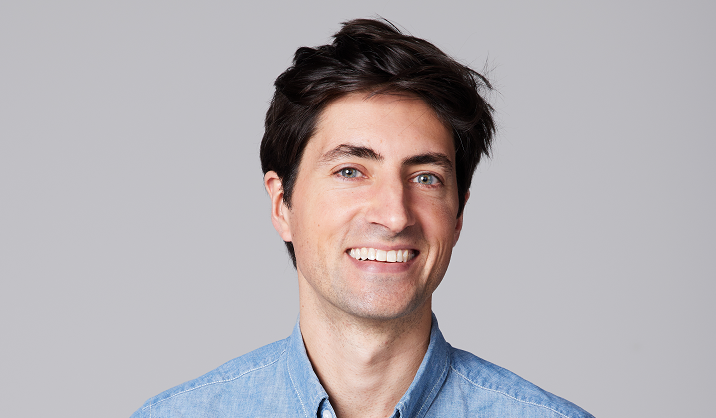A few years ago, co-founders Adam Morgan and Tyson Gundersen left the corporate world behind to start Bureau Booths – which provided soundproof office booths to existing spaces – then TaskPod, which offers private working spaces in recreational and retail spaces, transport hubs and other locations. With Covid-19 leading to the popularisation of a hybrid working model, TaskPod has flourished. It is being rolled out across the country, as people seek quiet environments away from the home and o
d office where they can work.
Here, Morgan chats with Inside Retail about his corporate journey before starting TaskPod, what he loves about his job, the evolution of his work-life balance and what he gets up to in his free time.
Inside Retail: Tell me about your career journey. What are some of the different roles you’ve held along the way?
Adam Morgan: I am originally from Melbourne and have had a mix of roles along the journey. I studied economics and finance at university and worked at Westpac as my first job. I always wanted to work and live overseas so I went to New York to work in restructuring/turnaround consulting at Ankura for about four years, then moved to London to run KPMG’s private equity deal strategy team with Tyson Gundersen.
After working with Tyson for about three years we realised that we were sick of advising businesses on what to do, and wanted to try our hand at solving some big problems. This led to me following Tyson to Australia and getting Bureau Booths and TaskPod up and running.
IR: What do you love about your job?
AM: I love solving problems, and creating products and services that can have a meaningful impact on people. The process of turning ideas into a tangible product is the most exciting bit of what I do every day.
IR: What are some of the key leadership lessons you’ve picked up over the course of your career?
AM: The two biggest lessons I’ve learned are the importance of stakeholder management and trusting your team to deliver. The way you communicate information to people can have a significant impact on the ability to achieve your goals. Taking time to slow down and strategically think about [how you do] this is vital.
As a leader you need to be able to empower your team. The best way to do this is to take them out of their comfort zones and have them succeed, [which can help them] build confidence.
The understanding that you are always available to help if needed provides the team with the courage to stretch themselves.
IR: Where do you go for career advice?
AM: I have a great network of mentors, which I have built across many years and geographies. They are a great sounding board for ideas and challenges, as they all have varied backgrounds and give a good outside perspective.
IR: What’s your approach to work-life balance?
AM: I have a strange relationship with this that fluctuates at times. I love what I do and am driven to ensure our team succeeds, which sometimes means getting sucked into work for periods. I have received some great advice recently which has allowed me to focus more on the journey rather than the destination. Everyone works better when they are looking after their physical and mental health, so empowering the team to take the time they need when they need it is so important.
IR: Do you have any hobbies that help you switch off and stay balanced?
AM: Yes, I do. I love everything outdoors and activity-based. So skiing, hiking, camping, running, swimming; basically anything that gets me into nature.
I just spent a week hiking around Milford Sounds in New Zealand which was incredible.

